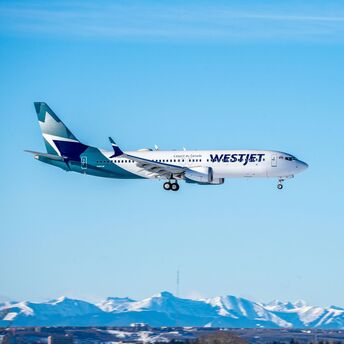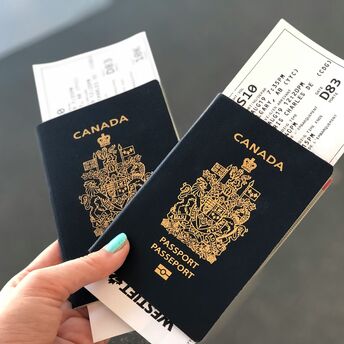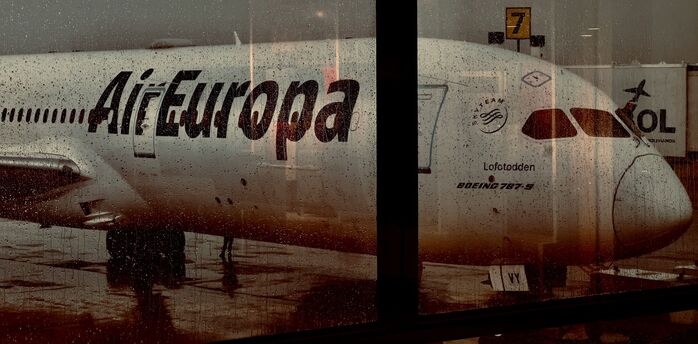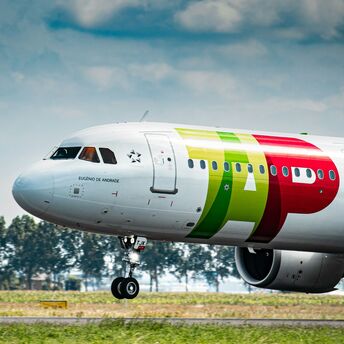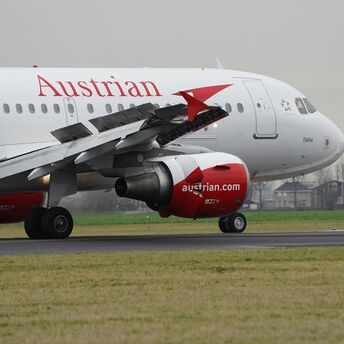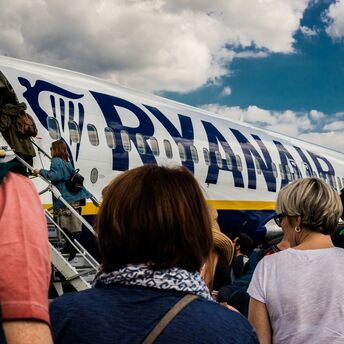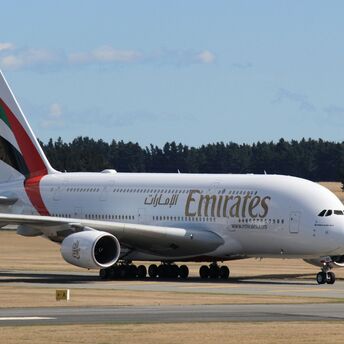Summer Flight Disruptions Loom as Europe's Air Traffic Control Struggles Persist

Persistent issues in Europe’s air traffic control systems are raising alarms just as peak travel season approaches. Flight delays are climbing in parts of Europe, and Ryanair says slow and inefficient air traffic control is largely to blame, according to a new report. The airline attributes these problems to mismanagement and insufficient staffing, particularly during early morning hours when flight schedules are at their most sensitive.
Despite airlines submitting their timetables nearly a year in advance, national ATC services across Europe appear unprepared to manage demand. The report highlights that from January to May 2025, delays linked to ATC inefficiencies have grown significantly. This follows a trend from 2024, when delays reached record levels, even though there were fewer flights than before the pandemic. Rising ATC fees along with worsening service have only added to the frustration for airlines and passengers alike.
We will hold EU Transport Ministers responsible for allowing such unnecessary and avoidable ATC delays to repeatedly occur.
Airline customers may now face increased uncertainty and inconvenience at airports across the EU. Missed connections, extended waiting times, and last-minute schedule changes may become more frequent. Those relying on early morning departures, often used for tight schedules or connecting flights, are particularly at risk, as delays in these time slots typically disrupt air traffic throughout the day. Travelers often end up stressed and sometimes have to cover extra expenses for accommodation or rebooking because of this.
At the same time, the visibility brought by Ryanair’s "League of Delays" report could pressure authorities to act. More public attention could help boost staffing, improve coordination, and speed up how quickly airlines’ scheduling needs are met. Even if results take a while, this kind of pressure could lead to better funding for ATC and policies that focus on improving efficiency instead of standing still.

Looking ahead, travelers are advised to plan carefully. Choosing midday or evening flights, allowing extra time for connections, and using less congested airports may help avoid the worst impacts of ATC delays. It’ll help a lot to keep an eye on live updates and be ready to change your travel plans if needed. Until EU governments take definitive steps, air passengers must be prepared for potential complications throughout the coming months.







